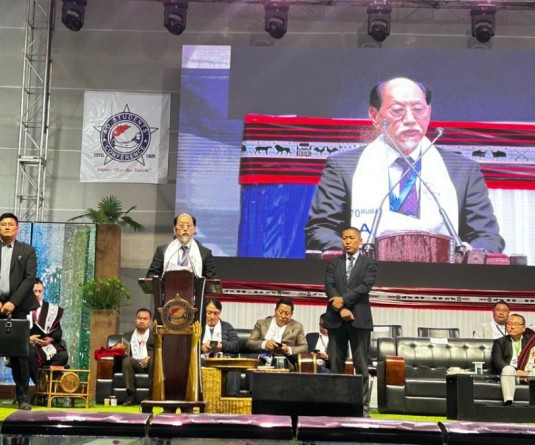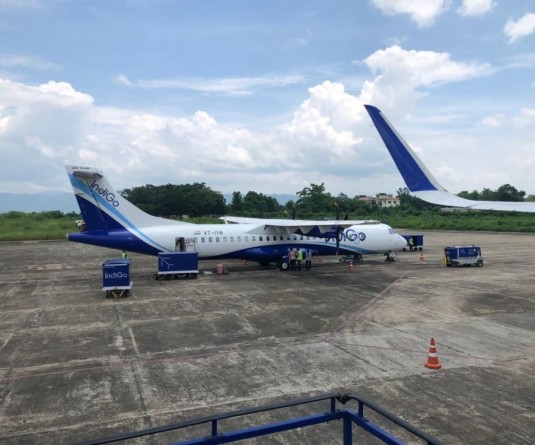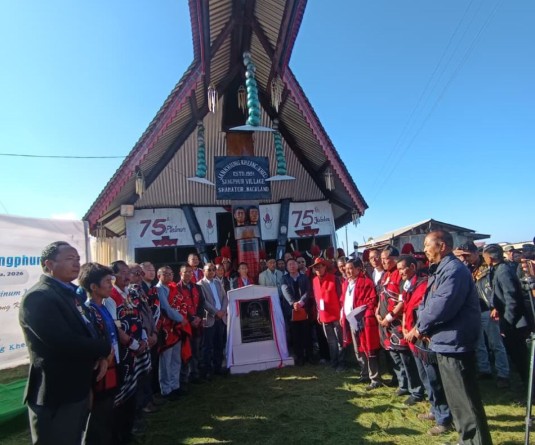
Kohima, May 21 (MExN): As the monsoon season nears, the National Vector Borne Disease Control Programme (NVBDCP) under the Department of Health & Family Welfare, Nagaland, has issued an advisory urging the public to take necessary precautions to prevent the outbreak of vector-borne diseases such as dengue, malaria, chikungunya, and Japanese encephalitis.
The advisory noted that the onset of rainfall leads to water collection in and around houses and other locations, providing ideal breeding grounds for various mosquito species that transmit these diseases.
Some cases of malaria and dengue have already been detected in the State, it added.
“Standing water and increased humidity during the monsoon create ideal breeding conditions for mosquitoes. Timely preventive action can drastically reduce the spread of these diseases,” the NVBDCP stated.
It advised the public to conduct weekly checks for stagnant water and to remove any containers or materials lying around the house where water could collect—even small amounts are sufficient for mosquito breeding. Regular action can help control mosquito populations effectively, it stated.
The advisory further urged people to wear protective clothing, use mosquito repellents and creams, install screens on windows and doors, and regularly use Long-Lasting Insecticidal Nets (LLINs) provided by the government.
“The control and prevention of vector-borne diseases largely depends on public cooperation,” it emphasised.
People experiencing symptoms such as persistent fever, joint pain, or fatigue were advised to report immediately to the nearest health facility.
The State NVBDCP reaffirmed its commitment to public health and stated that, with community participation and increased awareness, the spread of vector-borne diseases can be successfully curbed.






